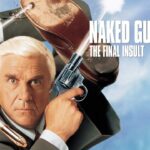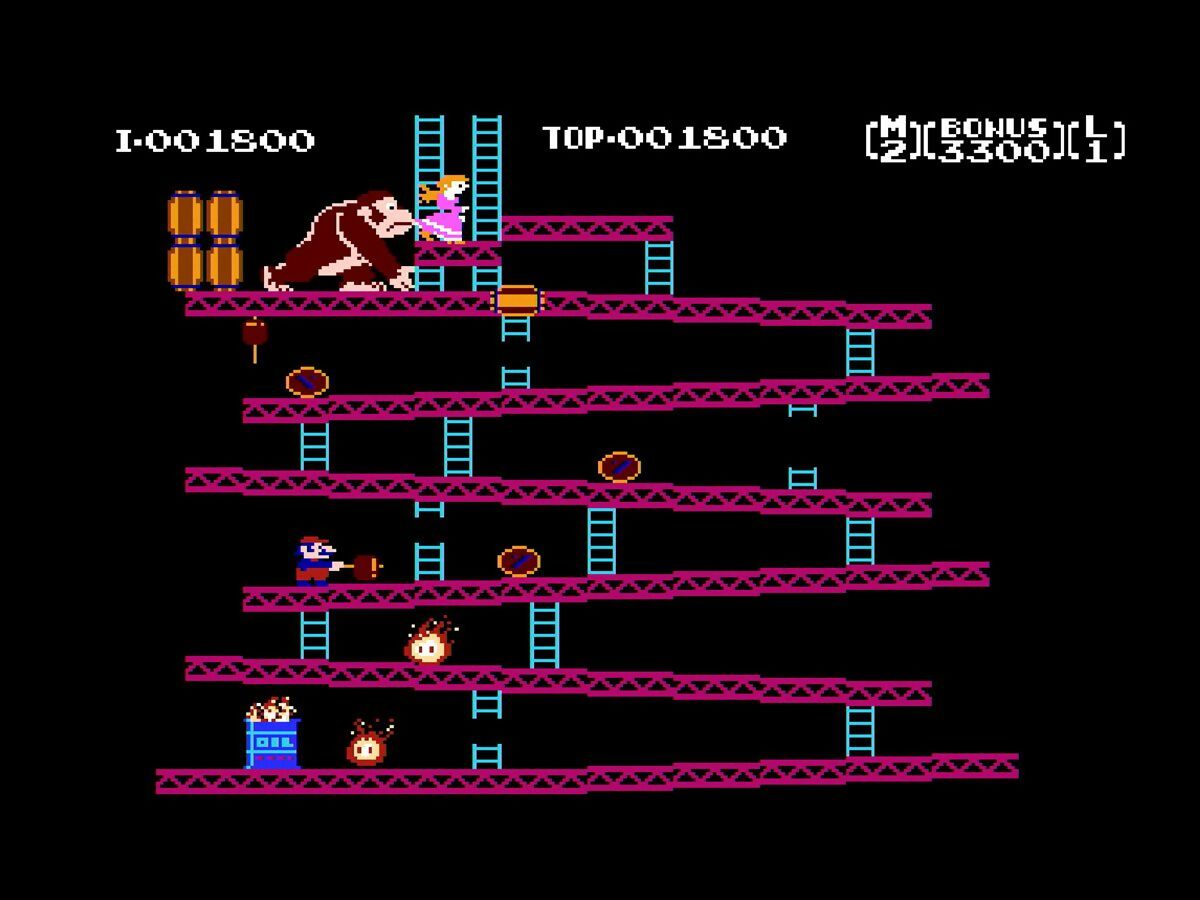
In a climate of division, cynicism and conflict, Superman emerges as a disarmingly sincere plea for kindness.
NB: The following contains mild spoilers for Superman.
Are superhero movies moving into a new, less cynical phase? It’s something that sprang to mind as writer-director James Gunn’s excitable, boyish Superman unfolded on an IMAX screen today. The comic book movies of the 2010s – especially those directed by Zack Snyder – tended to downplay their characters’ colourful, pulpier roots. Smiles were few; reds and blues were dialled down for added seriousness; external underpants were expressly forbidden.
Enter David Corenset’s new Superman. Where 2013’s Man Of Steel depicted him as a solitary, even messianic figure, Gunn goes out of his way to portray him as being more like us. He hurts, he bleeds, he makes mistakes, he sits and eats cereal barefoot on the porch of Ma and Pa Kent’s farmstead. He loves his dog, Krypto, in spite of his destructive nature. In short, Superman – and his briefly-seen alter ego, Clark Kent – is a likeable, trustworthy guy, even if his idealism gets him into trouble.
The flashpoint for the film’s events is the prevention of a war. The fictional country of Boravia was about to invade its poor and largely undefended neighbour, Jarhanpur. Superman undoubtedly prevented the loss of lives by smashing up a few Boravian tanks, as he puts it, but his well-intentioned act has created a diplomatic crisis.
Should a powerful metahuman – an illegal alien, it’s pointed out – be allowed to intervene in political affairs?
Billionaire Lex Luthor (a captivatingly cold-blooded Nicholas Hoult) is secretly working behind the scenes to stoke up more dissent against Superman, using his wealth, gadgets and military connections to create a state-sanctioned private army of metahumans. A Musk-ian villain if ever there was one, Luthor’s driven by jealousy and a not-so-secret lust for adulation. He hates the Man of Steel’s fame and wants it for himself – hence why he runs a bot farm of infinite monkeys trained to spew out Superman hatred on social media.

Gun’s film is partly about reputations, in fact: Superman’s name is besmirched by his parents’ fascistic voice message from decades earlier, and he’s essentially cancelled in the eyes of the public. (Here, Gunn might be thinking back to a low point in his career when the discovery of some offensive tweets got him fired for a time from Marvel.)
Where so many modern films dress up cynicism and emptiness with grand, portentous imagery, Superman does the opposite. It’s pure pulp but with pertinent, thought-provoking notions lying beneath the trashy surface. It confronts such topics as media manipulation and the power billionaires have to insert themselves into geopolitics. The parallels between Superman’s events and Russia’s ongoing invasion of Ukraine (not to mention Israel and Palestine) are plain to see, as are the similarities between Luthor’s toxic use of social media and Elon Musk’s.
Read more: Superman review | Something old, something new, something borrowed, something blue
This time around, Superman is far from alone in his fight against evil. In his corner he has Nathan Fillion’s oafish Guy Gardner (aka the Green Lantern), Ed Gathegi’s tech genius Mister Terrific, and Isabela Merced’s fearsome Hawkgirl. Having Superman flanked by a Justice Gang (as Guy constantly refers to them) might sound like a calculated means of seeding further spin-off movies, but these secondary heroes don’t really function that way. Instead, they further the sentiment that this Man of Steel isn’t some solitary god who saves the day by himself. He can’t be everywhere at once, and there are certain situations where even his superpowers aren’t enough.
There are similarities here between Superman and Marvel’s recent Thunderbolts*; both feature groups of flawed heroes who, although distinct, aren’t individualists like the Avengers were before them. Thunderbolts* director Jake Schreier rather pointedly situates one of his major action sequences right where the climactic battle sequence of The Avengers took place. But where the heroes of that earlier film didn’t appear to worry too much about anyone around them getting hurt, the band of misfits in Thunderbolts* use their combined strengths to actually prevent people from injury.
Similarly, Corenswet’s Superman and his friends are constantly saving lives (whether they’re human or not). One giant monster is felled with conspicuously little collateral damage, at least relative to the beast’s size. Both films highlight the effectiveness of collective action rather than the all-powerful individual.
In his mix of B-movie wildness and moments of sincerity, Gunn carries on the same alchemy that enlivened Guardians Of The Galaxy 3 and The Suicide Squad. He continues his fascination with big, silly kaiju from the latter, and sequences of cute animals in danger from the former. There are sequences that must have had VFX artists sweating when they read them in the script: Superman rushing along in a river of voxels, fighting bad guys while clutching a green baby; the infant’s father, now little more than a disembodied head with tentacles, hurtling along behind them.
Does it all work from a story standpoint? No, not always, but I can certainly admire Gunn’s refusal to sand down the edges of his signature style for a multiplex audience.
In between all the mayhem, Gunn cuts to shots of people we might see in a real town or small city. Ma and Pa Kent look and sound like proper Kentucky old-timers (a marked contrast from Kevin Costner and Diane Lane’s good-looking analogues in Man Of Steel). In action sequences, we see people clutching their beloved pets; a fireman whisks a child away from danger. Gunn tries to show us humanity through Superman’s eyes: flawed, misguided, but essentially compassionate and loving. For once, this is a human race that might actually be worth saving.
Gunn’s Superman is also passionate in a way that most recent superheroes aren’t. In a terrific essay, Everyone is Beautiful and No One is Horny, the writer RS Benedict pointed out that modern comic book characters are aggressively buff, but never actually have sex. It’s a wonder whether Gunn read that article, because Superman feels like a response to it. Corenswet’s Superman is big and strong, but his physique isn’t fetishised as it was in the 2010s; his suit is looser-fitting, like Christopher Reeve’s outfit in the 1970s and 80s.

Within the confines of a 12A film, Gunn puts a bit of hot-bloodedness back into the superhero genre. This Lois and Clarke seem genuinely into each other in the way that, say, Amy Adams and Henry Cavill’s incarnations weren’t. (For this writer, Corenswet’s Clark isn’t as fully-realised and subtly nuanced as Reeve’s wonderful, clumsy incarnation, but the chemistry between he and Rachel Brosnahan’s Lois goes some way to make up for that.)
The film’s affection for its two leads results in this writer’s favourite visual gag: a tired Superman, sitting alone and pausing for a quiet drink in his apartment. Lois appears, and the two have a moment’s heart-to-heart. In the background, the Justice Gang fight yet another giant monster. Superman makes an off-hand comment that his buddies can take care of the kaiju just fine, which is funny by itself, but also something of a statement: Gunn deliberately foregrounds character and de-emphasises action.
Of course, Superman delves headlong into the usual pummelling in the third act, and for a while, it could be argued that this film looks uncannily like Man Of Steel in updated packaging. Superman still ends up fighting black-clad bad guys (The Engineer and Ultraman), just like in Snyder’s film, and again, numerous skyscrapers are sacrificed in the process. But if these moments feel like a sop to the perceived idea that all superhero films must end with a massive smackdown, Superman at least remains true to its own themes right to the last frame.
In an online and political climate where cruelty is normalised and treating people with dignity and respect is condemned as ‘woke’ (a word recently dredged up by former Superman actor, Dean Cain), Gunn’s film could be regarded as running bravely against the grain. It’s a heartfelt appeal for everyone, from the richest on down, to think about filling the world with goodness rather than poison.
To paraphrase the Son of Jor-El himself, when nastiness and cynicism are commonplace, kindness itself is a superpower.








